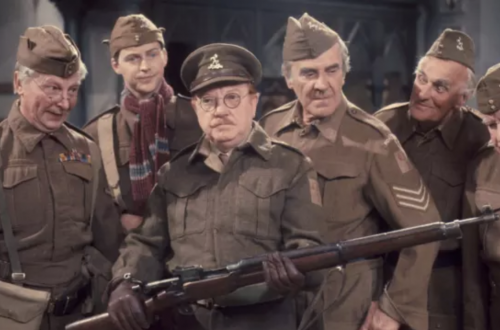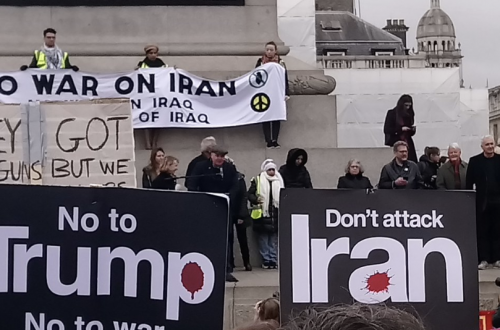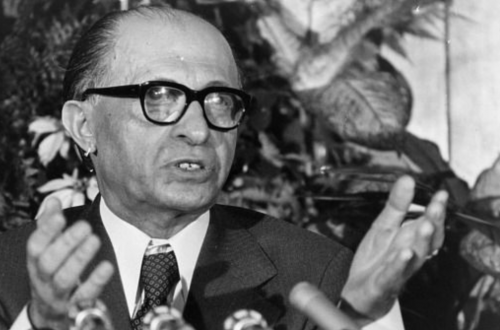This is a cross post from Just Journalism
Last week, the UN Human Rights Councilpublished the findings of its investigation into alleged war crimes committed during the Gaza war. Headed by South African Judge Richard Goldstone, the four-person team concluded that there was strong evidence that war crimes, and possibly crimes against humanity, had been committed by both Israel and Hamas.
The bulk of the report marshalled evidence against the conduct of Israel’s armed forces, and came to more far-reaching conclusions than other similar reports published by NGOs and news outlets. For example, the report concluded that ‘While the Israeli Government has sought to portray its operations as essentially a response to rocket attacks in the exercise of its right to self defence, the Mission considers the plan to have been directed, at least in part, at a different target: the people of Gaza as a whole.’
While the majority of news coverage of the story mentioned that Israel rejected the report, and had refused to cooperate with the investigation, this tended not to be elaborated upon. The Guardianand the Financial Times indicated Israel’s position, briefly mentioning that the government regards the UNHRC as ‘biased against Israel’ and ‘fundamentally anti-Israeli’ respectively. The Times noted that the body ‘has a record of criticising Israel‘.
However, three key points were not discussed in any of the broadsheets:
– the original mandate of the mission had been to investigate only Israel’s role in the war
– one of the four investigators, Christine Chinkin, publicly prejudged the outcome of the investigation
– the UNHRC has criticised Israel more than every other country combined since its inception in 2006
The lack of background relating to Israel’s difficult relationship with the UNHRC and its inquiry into the Gaza war was less pronounced in the television and radio coverage, since representatives of Israel were interviewed and able to present their case in more detail. Channel Four News, and BBC Radio Four’s The World Tonight both included interviews with spokesperson Mark Regev, as well as Richard Goldstone himself.
Channel Four presenter Jon Snow repeatedly interrupted Regev when the spokesperson was trying to clarify why he had called the inquiry ‘a kangaroo court’, and defended Goldstone as ‘the man who brought peace to South Africa’. While Snow challenged many of Regev’s answers, he did not press Goldstone with any follow-up questions on Israel’s accusation of bias.
The interviews conducted by Ritula Shah for the World Tonight were notably different in tone, with Shah allowing both guests to answer her questions without interruption. While she raised some of Israel’s criticisms of the report – ‘Israel objected to the mandate of this mission and it said the resolution establishing it prejudged the outcome, and it also said that your report was one-sided…’ – these were used as the basis for the expression of the concern that, ‘Your findings are going to fall on deaf ears, aren’t they?’ This line of thought was also pursued by Jon Snow, who posed the questions, ‘[T]he concern tonight… is whether it will go any further; will the Security Council…take it seriously and act?’



